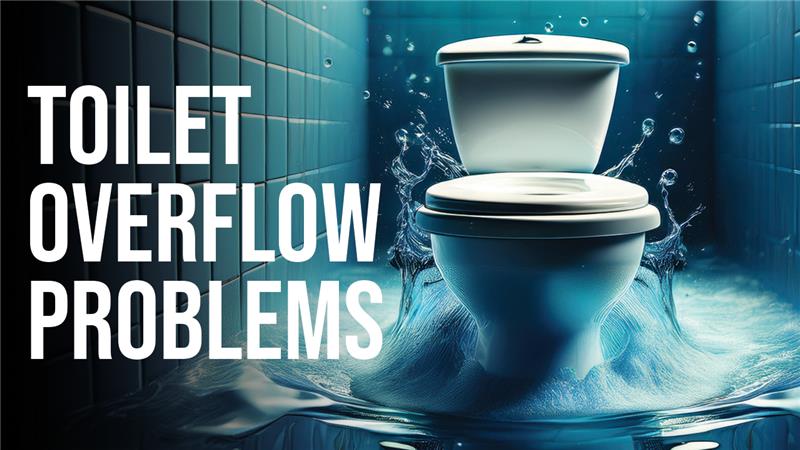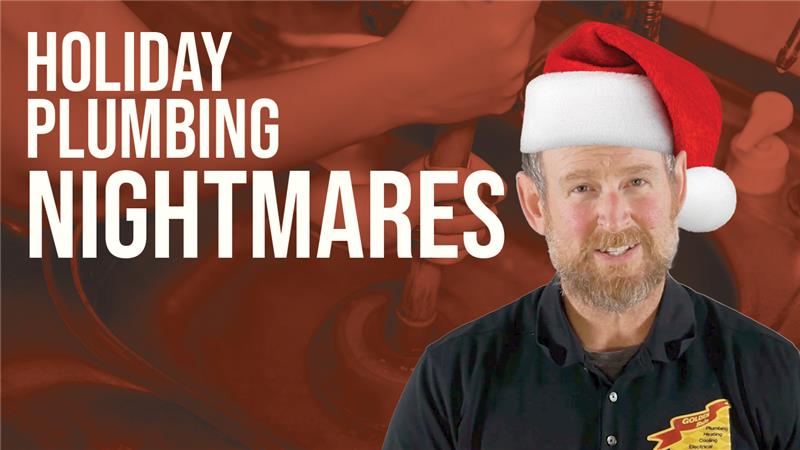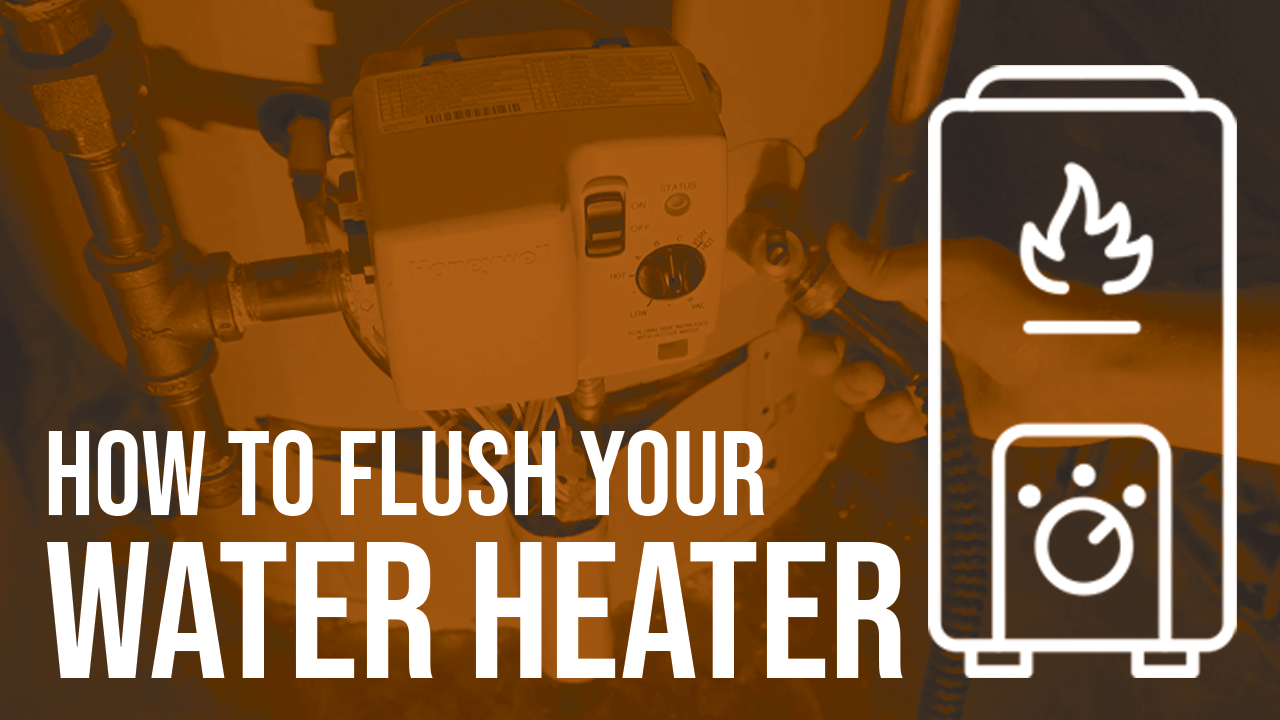Updated January 17, 2024
Want a water softener to manage your water’s calcium and magnesium minerals? These systems can either remove the minerals entirely or “condition” them and release them back into your home’s water supply. But how much does an installation cost?
An average professional water softener installation includes a licensed plumber, customer service, warranties, and, of course, the system itself. When you total everything up, installations cost start at $3,300 on average in the Des Moines Metro area.
This gives you a good idea of the range of the pricing—but what factors go into this range? The three main factors that determine your water softener installation’s cost include:
- The type of water softener
- The water softener’s capacity
- The water softener’s efficiency
We’ll first look at the benefits of a water softener installation and how not installing one can cost you money regarding home expenses.
Want an exact installation estimate from a professional plumber?
Call Golden Rule today at 515-393-4526 or schedule below. We offer fast same-day service in the Des Moines Metro area. Let us assess your current water hardness levels and budget to provide you with our professional recommendations for a water softener installation and an upfront estimate.
Contact Us Today for Plumbing Service!
Benefits of Installing a Water Softener
Iowa has some of the hardest water in the country. Households with water softeners avoid the extra costs that come with mineral buildup. For example:
- Water softeners prevent scale buildup in your water pipes: This means fewer calls and money allocated for pipe repairs or drains cleanings over the pipes’ lifespans. Not to mention that scale buildup can lead to pipe replacements due to the buildup causing corrosion. A water softener can prevent you from shelling out hundreds for pipe maintenance, repairs, and replacements.
- Water softeners prevent tile and plumbing fixture damage: Hard water minerals combined with soap create soap scum buildup on ceramic tiles. Soap scum is frustrating to clean up and unsightly to look at. Moreover, soap scum damages ceramic tile and plumbing fixtures over time, causing more home repairs.
- Water softeners prevent needing to replace home possessions: Hard water wreaks havoc on appliances, dishes, and clothes, so they may need to be replaced sooner than needed.
Investing in a water softener provides money-saving benefits. Without one, you may spend more money than you initially budgeted for plumbing repairs and replacing possessions.
The Type of Water Softener
Water softener systems come in two primary types: ion exchangers and salt-free systems. Both types have similar upfront installation costs but varying upkeep costs due to their different needs.
As we mentioned in the intro, water softeners “manage” minerals and, to do so, require a catalyst agent. This agent can be either salt for ion exchangers or potassium for salt-free systems.
Ion Exchange Water Softeners
All ion exchange water softeners have a mineral tank that holds the water while it’s softened, a brine tank with the catalyst agent mixture, and a control valve that lets the system know when it needs to “regenerate.”
An ion exchange water softener has hard water entering its mineral tank, where the minerals in the hard water “stick” to tiny negatively charged plastic resin beads. The beads then remove the minerals from the drinking supply, softening the water sent throughout your water pipes.
For the beads to maintain a negative charge, the water softener uses a salt-and-water or saline solution to clean the beads of mineral buildup. Salt is a more affordable catalyst agent compared to potassium, making maintenance of an ion exchange water softener more cost-effective in the long run.
Salt‑Free Systems
Unlike ion-exchange systems, salt-free water softeners do not remove the hard minerals. The salt-free system conditions the water by crystallizing the minerals, rendering them harmless and unable to form scale buildup as the water flows through your home’s pipes.
These systems rely on potassium as the catalyst agent in a singular tank. A chemical reaction crystallizes the minerals when hard water touches the potassium pieces.
Potassium mixes cost about .67 cents, while a salt agent costs about .13 cents per pound. Depending on a water softener’s capacity and maintenance needs, a salt-free system installation can cost more in the long run for upkeep.
The Water Softener’s Capacity
A water softener’s capacity plays a vital role in installation costs. The capacity measures the number of hard mineral grains the system can remove before it needs rejuvenation.
Most water softener systems can remove between 25,000 and 80,000+ grains, with the higher-capacity ones costing more upfront to install and upkeep. Water softeners with greater capacities need more salt or potassium to run, increasing costs over the system’s lifespan.
Why do some households need high-capacity water softeners? The two main reasons are:
- Location: The Water Quality Association measures hard to very hard water as water with 7+ mineral grains per gallon of water (jpg). By this qualifier, Iowa has hard to very hard water, with Des Moines at 9gpg, Iowa City at 20gpg, and Sioux City at 22gpg.
- Household Size: More people living in your household will use more water. As the water used quantity increases, more minerals will accrue in your water softener’s tank. Professionals recommend households with four or more people install a water softener with a capacity between 30,000 and 40,000.
The Water Softener’s Efficiency
An ion exchange water softener’s efficiency is measured by how quickly it regenerates its beads’ negative charge. Most water softeners regenerate the beads every 2-3 days, with highly efficient ones regenerating every day or multiple times each day. More efficient ion exchangers will cost more upfront but can save you money on upkeep costs.
On the other hand, salt-free water softeners do not have a standard efficiency measurement as they do not capture hard water minerals. Since they condition minerals, they do not need to use a salt catalyst agent or regenerate beads.
Ion exchange water softeners have two regeneration methods: upflow and downflow. Upflow regeneration is more efficient as it uses less water and salt mixture. Downflow regeneration is more standard but less efficient as it requires up to 75% more salt or potassium to regenerate the beads properly. Over time, up-flow regeneration will become the new standard as it requires fewer resources for upkeep.
Highly-efficient ion exchange water softeners are also more likely to have a “true demand” or “metered” control valve that controls the regeneration frequency. Less efficient water softeners regenerate on a set schedule (e.g., weekly) regardless of whether the beads are fully saturated in minerals or not. Metered control valves regenerate based on a set level of water usage that triggers regeneration. True demand control valves save the most salt and water as they only regenerate when necessary.
All in all, installing a highly efficient ion exchange water softener with the right capacity for your home’s water has several advantages in terms of lifetime upkeep and other costs.
Want an experienced plumber to provide you with a free, in‑home estimate? Contact Golden Rule.
Get softer water with one easy call to Golden Rule at 515-393-4526, and we’ll have a brand new water softener installed in your home as early as the same day you contact us. We stock our vehicles with innovative ion exchange and salt-free systems to ensure fast same-day installations. Also, we offer warranty and guarantee protections that other plumbers cannot match in the Des Moines Metro area.
Schedule with us today and see why thousands of Iowa homeowners rate our plumbers 5 stars!
Contact Us Today for Plumbing Service!
If you found this post helpful, check out some other budget-saving tips:


Few things are as frustrating (and messy) as a toilet that overflows. Whether it happens at the worst possible moment or simply leaves you scratching your head... Read More

The holidays are a magical time of year—gathering with loved ones, sharing meals, and creating lasting memories. But one unexpected mishap can turn your festive celebration into... Read More

Regular maintenance of your water heater is one of the simplest ways to ensure its longevity and efficiency. Flushing your water heater is a straightforward process that... Read More
